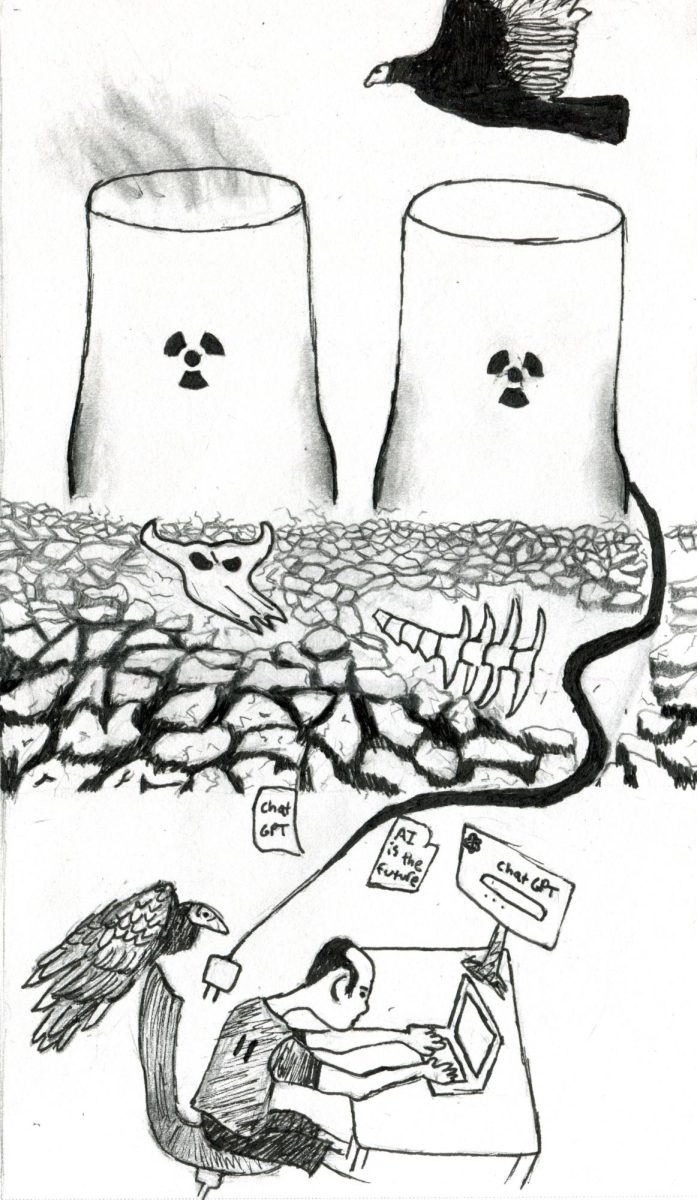Our Position: Our First Amendment right is under attack and we need to defend our freedom
Freedom of religion, speech, press, assembly, and petition. These five rights are clearly written in the Constitution, but when James Madison penned these words on parchment, he had no idea about divisive male podcasters, TikTok trends, or #cancelculture.
So now, in an age of ever evolving standards, what does freedom of speech even mean and does it protect everyone equally or is it simply weaponized? Freedom of speech is hanging in the balance and the U.S. needs real answers on where the line is drawn and no matter where you stand, no one should die for exercising their freedom of speech.
On Sept. 10, Charlie Kirk, a far-right influencer was shot and killed when speaking at Utah Valley University. His tour of colleges across the nation focused on facilitating debate on controversial topics, and this emphasis on hot button topics made Kirk a popular figure. The response to Kirk’s death truly showed the country’s dire divide. Some people see Kirk as a martyr, others as someone who should not be fondly remembered. It was this controversy that made the suspension of Jimmy Kimmel’s late night show much more politicized. During Kimmel’s monologue he said “We hit some new lows over the weekend with the MAGA gang desperately trying to characterize this kid who murdered Charlie Kirk as anything other than one of them and doing everything they can to score political points from it.” This comment led to his show’s suspension, drawing protests from both supporters and challengers of this decision. While public opinion is still divided over the reinstatement of the late night talk show, it illustrates the allusive nature of freedom of speech.
As LT’s Newspaper, we have to hold frank conversations about which jokes or comments cross the line. For Stanford’s student paper, The Stanford Daily, they’re sick of toeing this invisible and ever changing line. They filed a lawsuit against the Trump administration alleging they were threatened with deportation to their student reporters who defended Palestine, according to an NBC article. If true, this threat is an obvious restriction on freedom of speech. Threatening this right not only puts freedom of speech at jeopardy, but also freedom of press. With an issue as complicated as the conflict in the West Bank, caution is important in reporting, but reporting under alleged threats, is no longer free. This censorship isn’t only for large publications, but also on personal Instagram accounts. The Human Rights Watch reports that many posts in support of Palestinians have been removed from the site or even flagged as inappropriate unnecessarily. Although limits on social media seem benign, any limit of freedom of speech should be appalling. It’s not only large publications being monitored, but individual people, and not only on this issue, but many more.
This generation grew up reading stories of rebellion. Harry Potter and the Hunger Games raised kids on the idea that it’s important to fight back against oppression. Years ago, the villains of those dystopian novels felt fictional. But now, when according to the New York Times, the government has a list of banned words—including “women”, “racism”, and “advocacy”—those battles feel closer and closer. There must be clearer definitions of Freedom of speech so that it is no longer used as a weapon. Freedom of speech shouldn’t only be used to amplify the “right” ideas and silence the “wrong” ones. There is a clear historical precedent of what happens if the country continues down this path. And it is not one that reflects the freedom our nation was founded on.



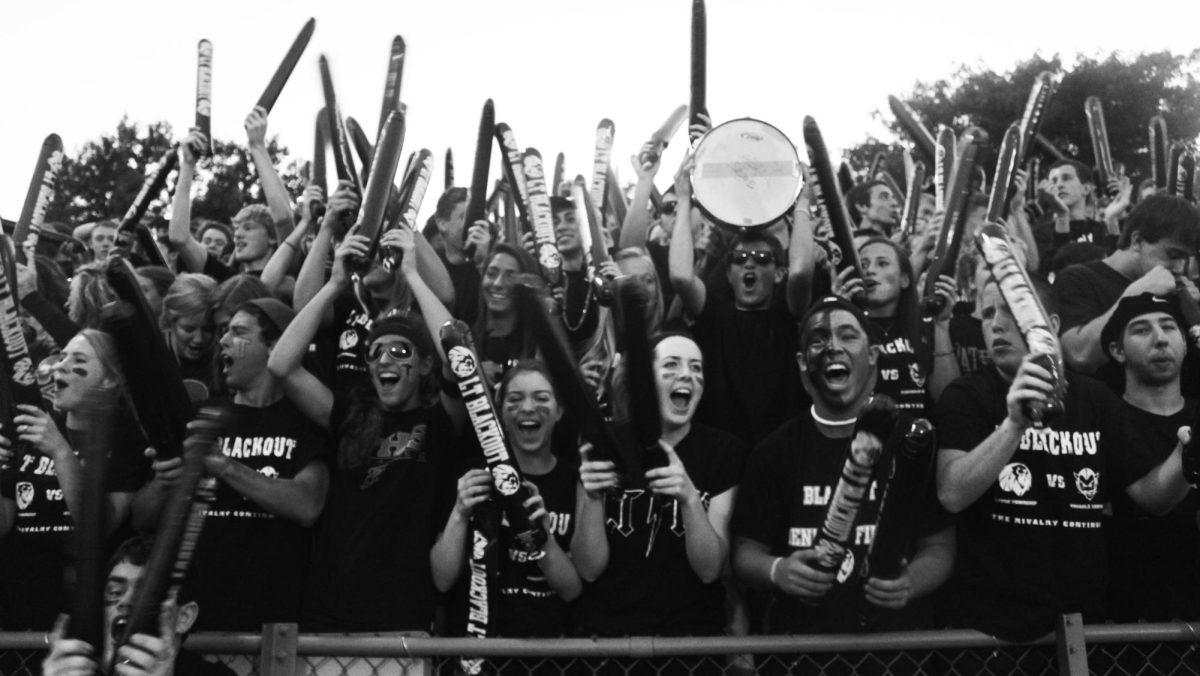
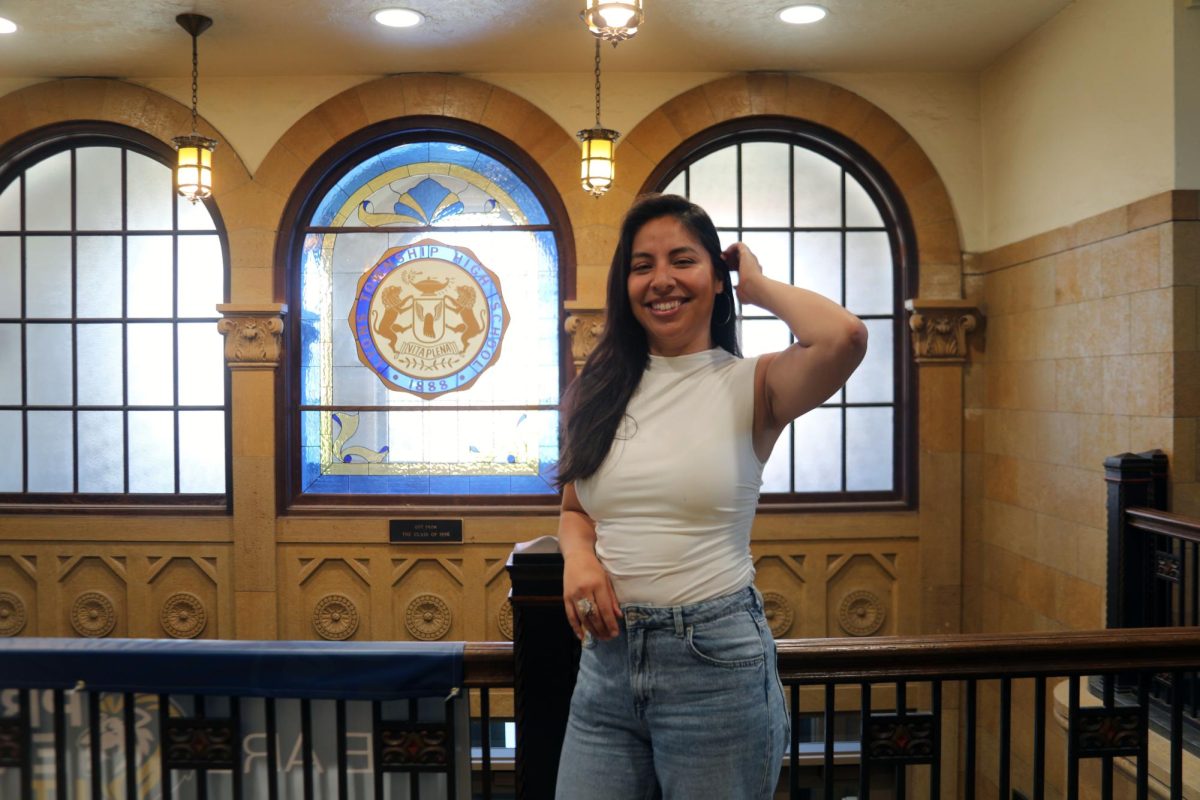

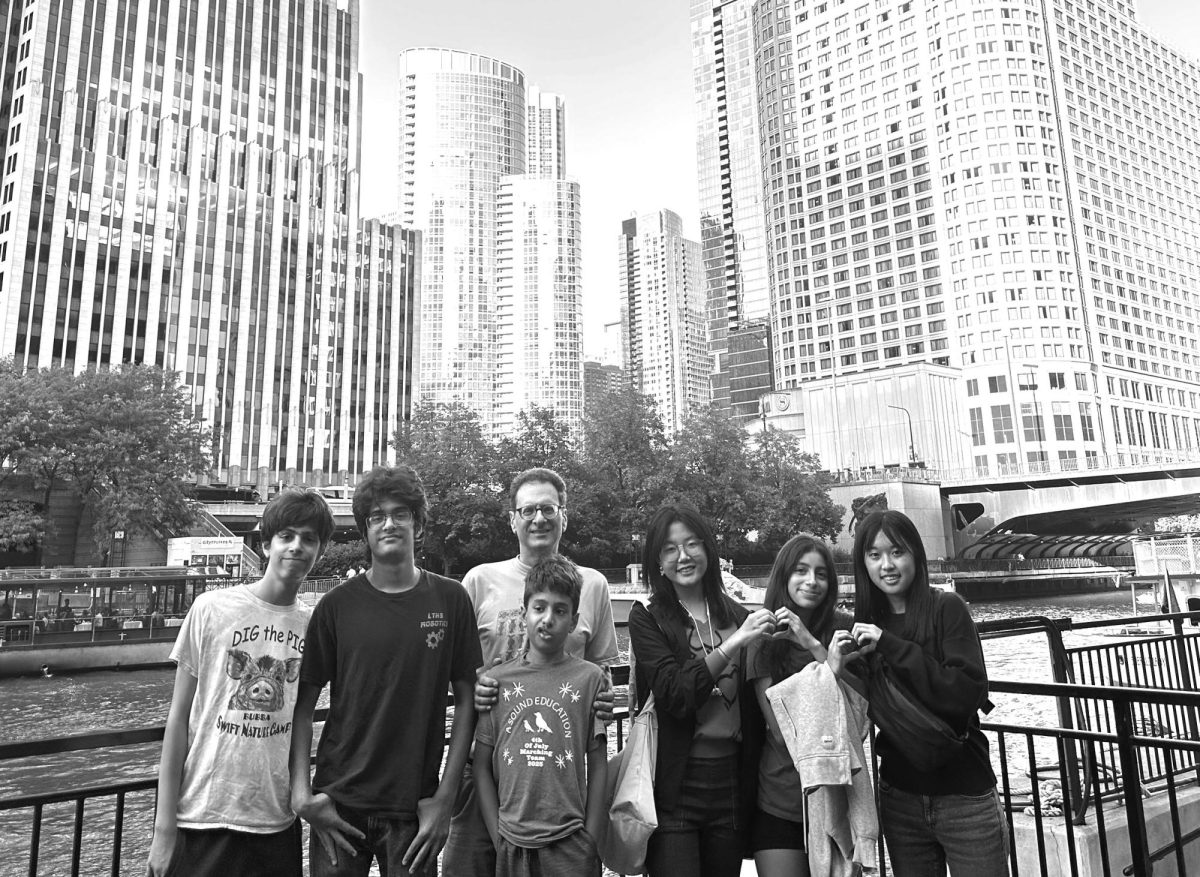
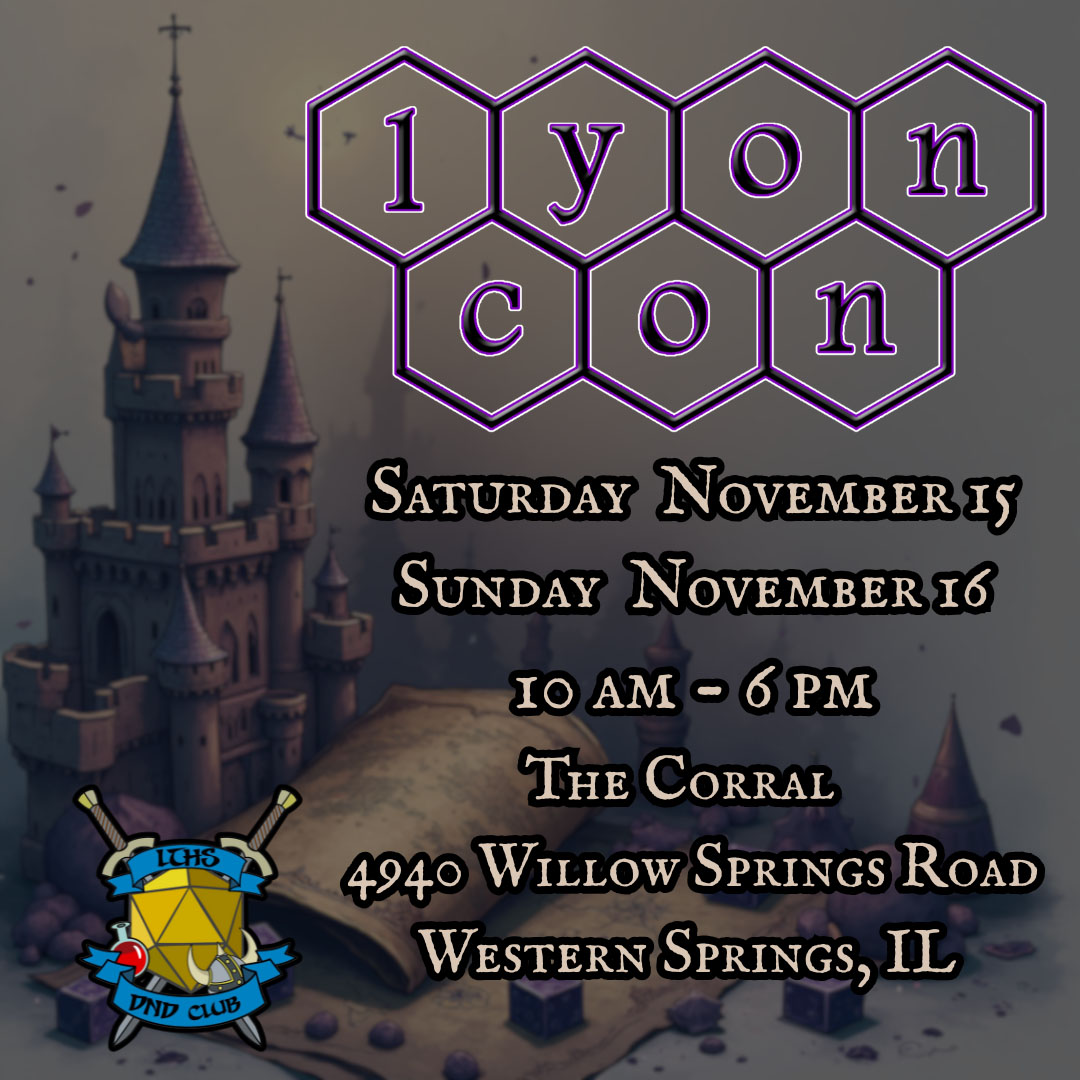

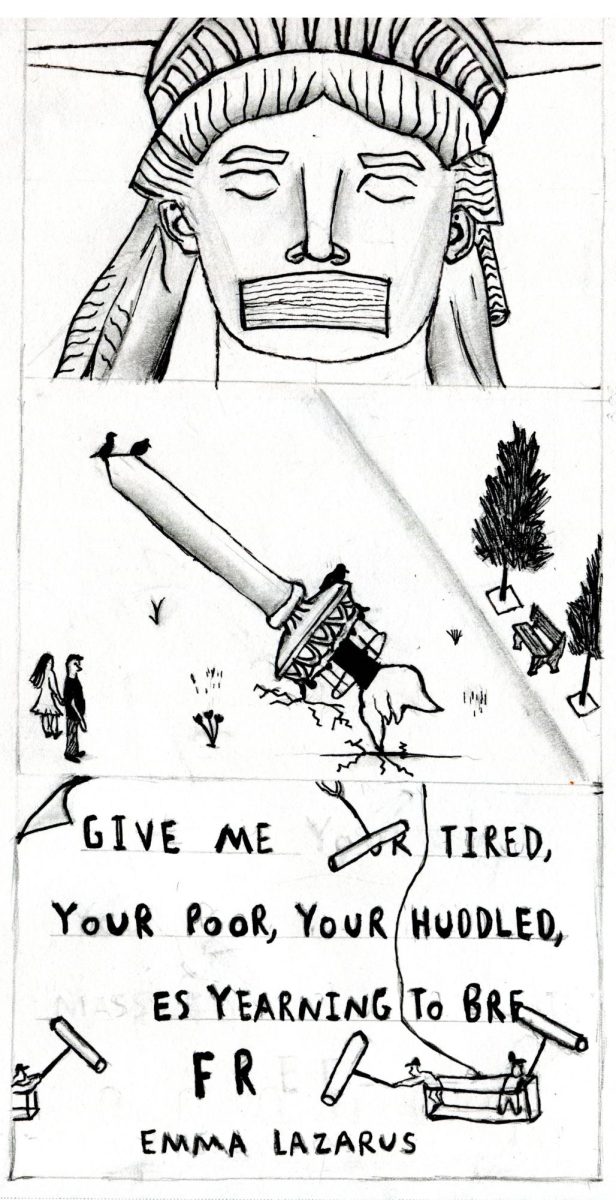
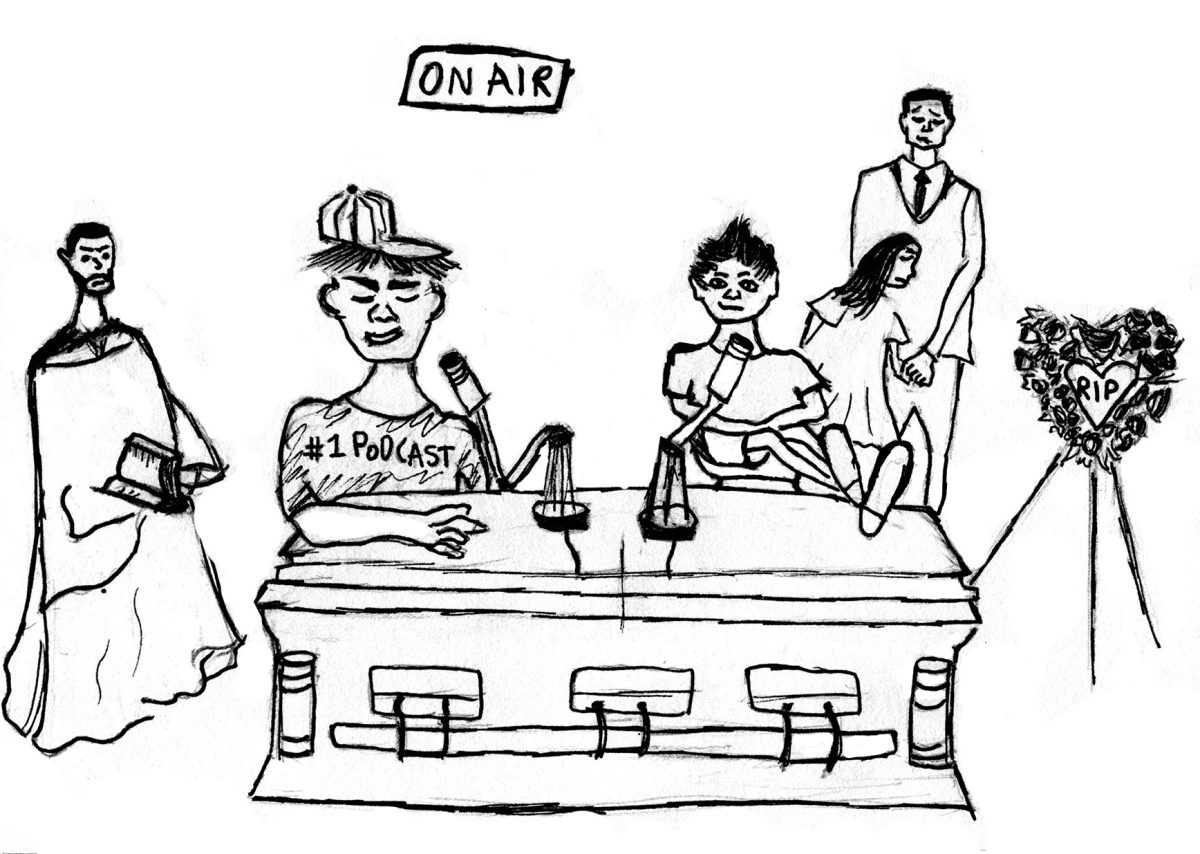

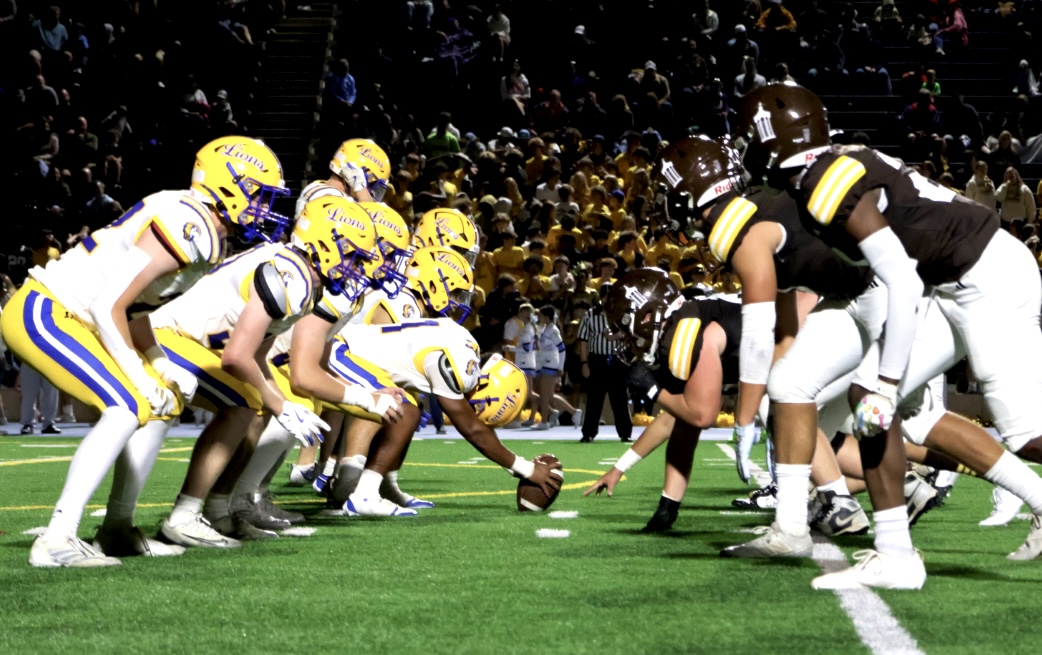
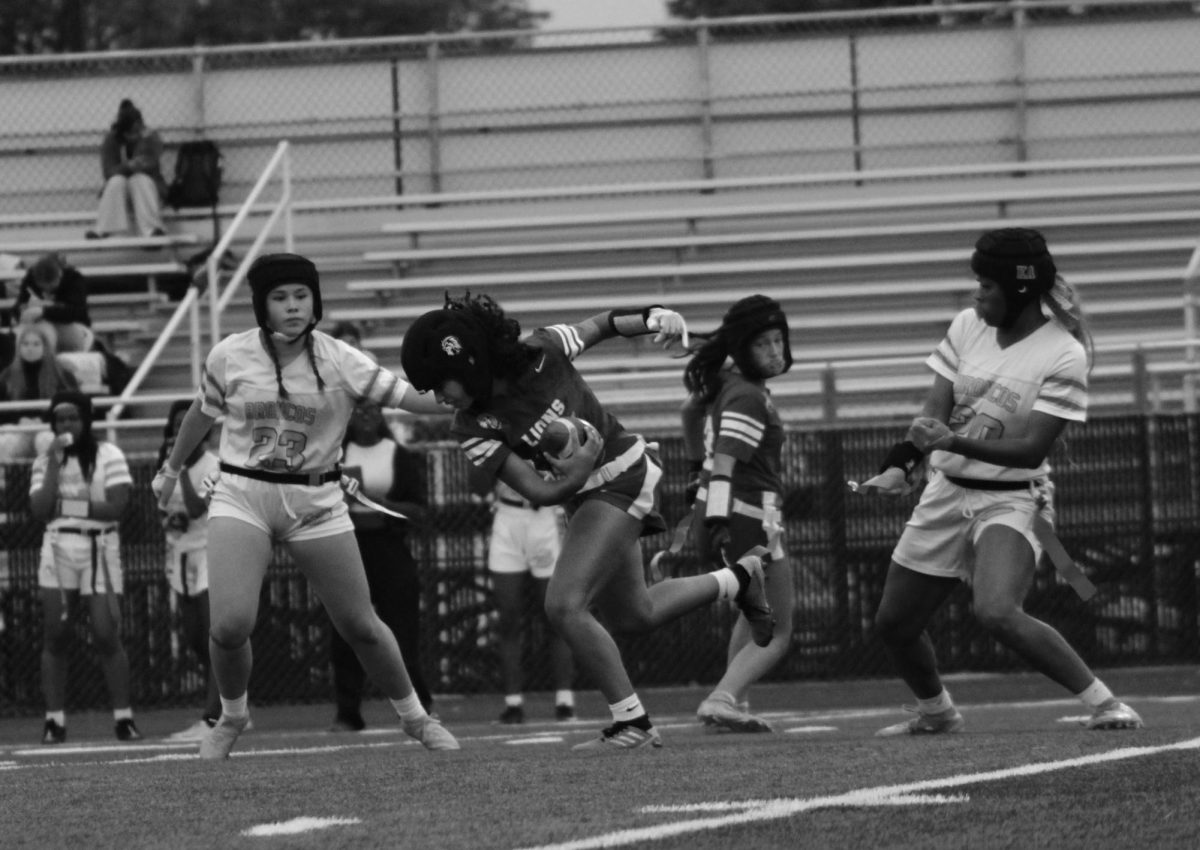





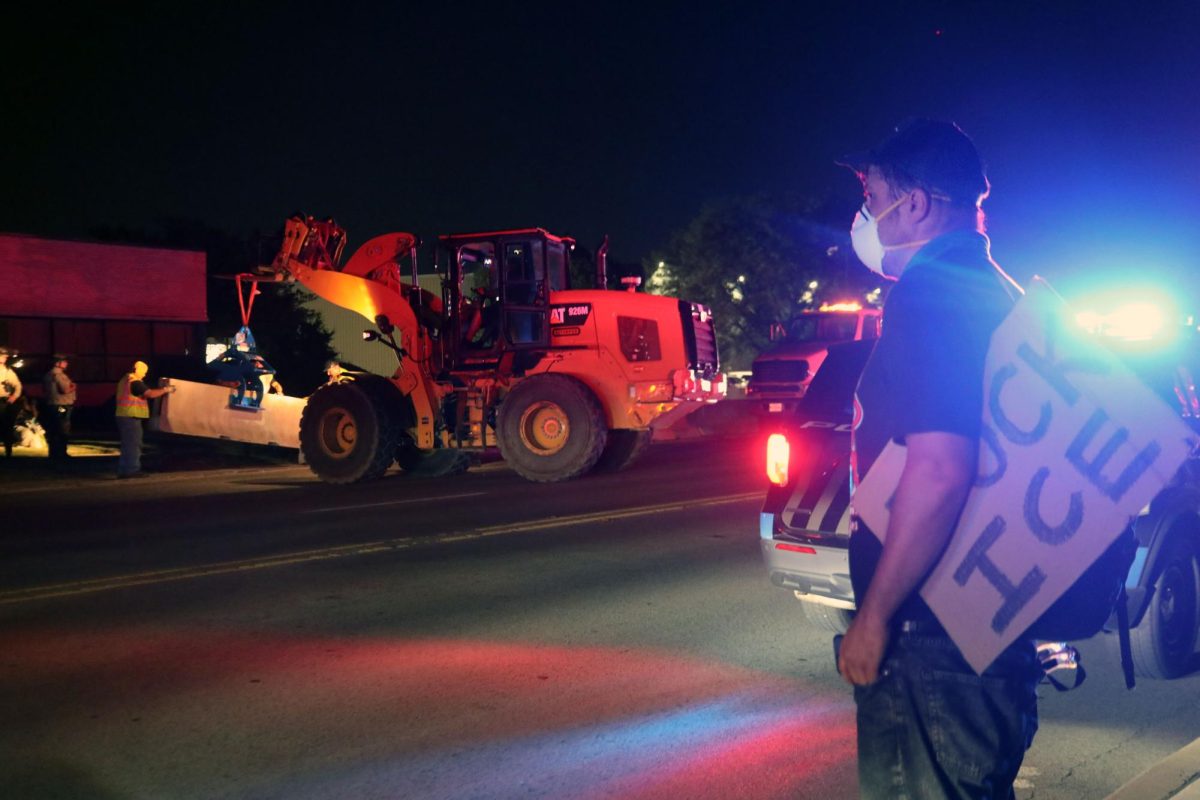


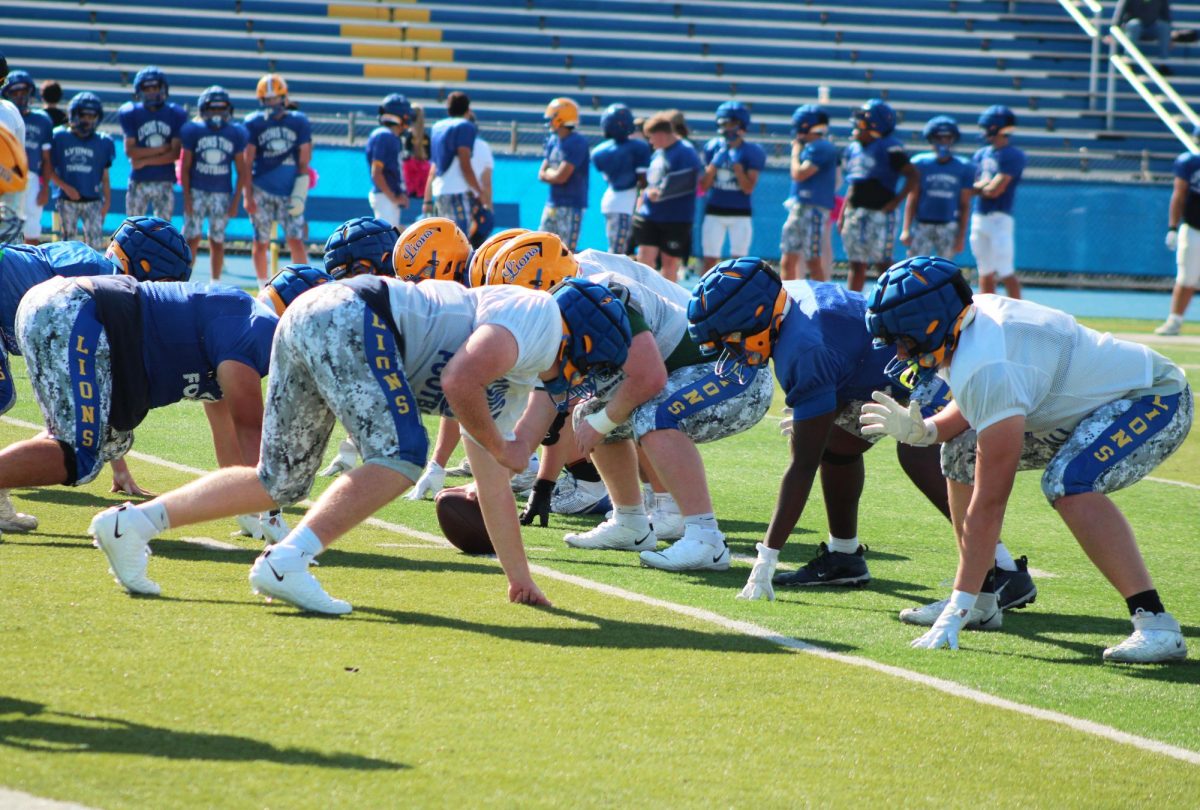

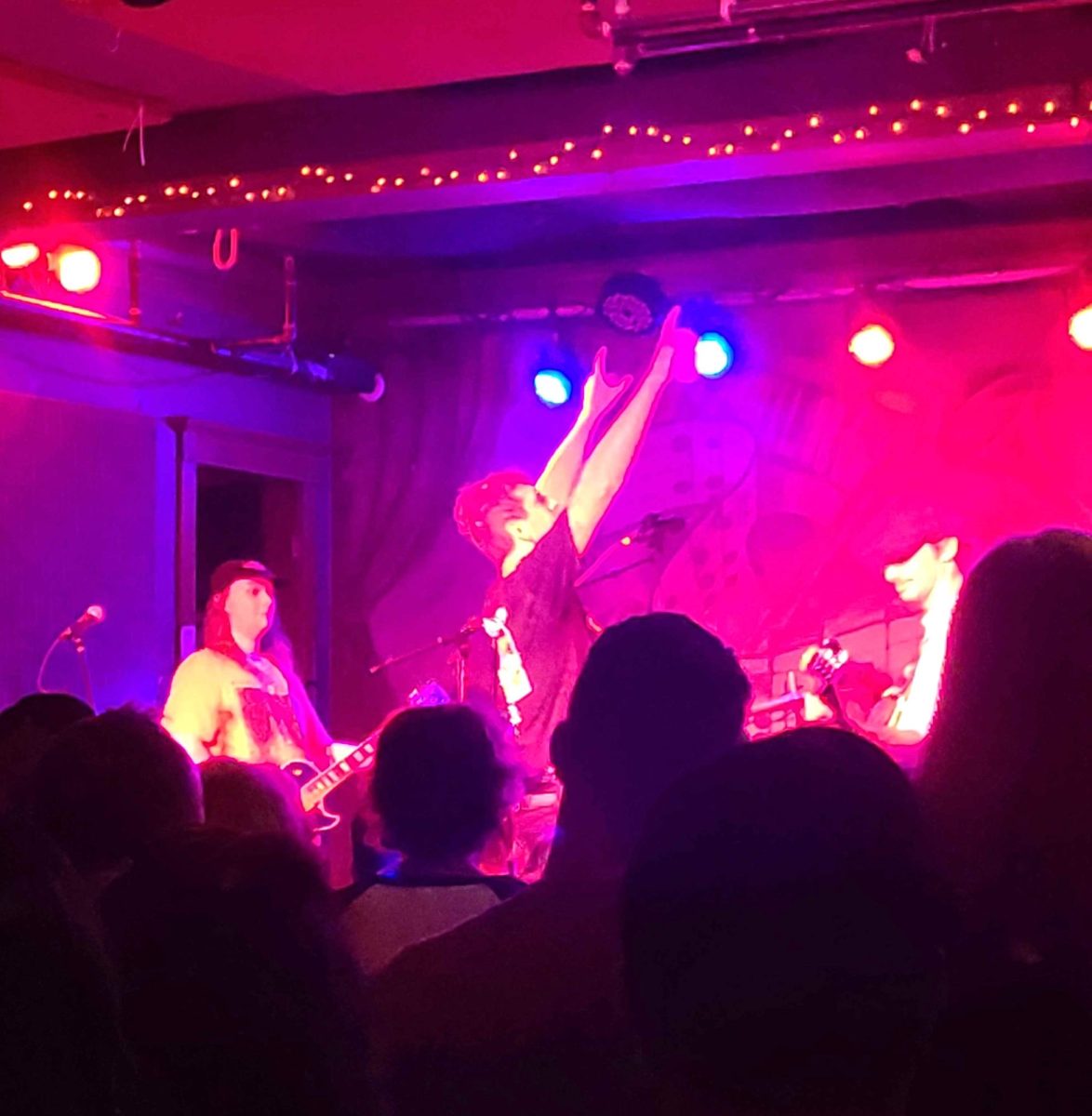



![Movie poster for '[Rec]" (2007).](https://www.lionnewspaper.com/wp-content/uploads/2023/04/rec-640x900.jpg)


